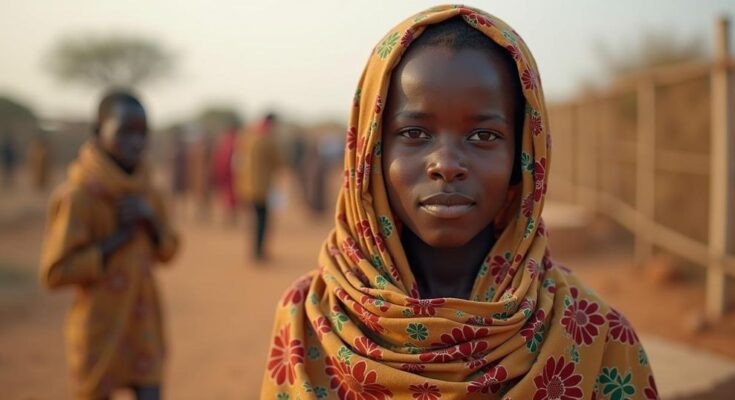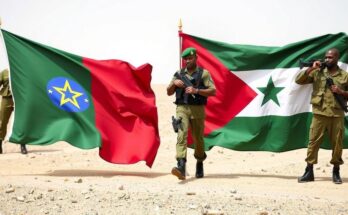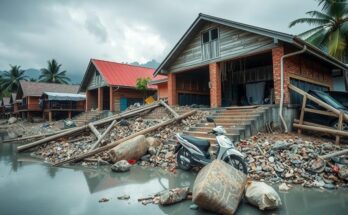The World Health Organization has warned that starvation in Sudan is widespread amid an ongoing civil war, resulting in 12 million displacements and half of the population requiring urgent help. Dr. Tedros emphasized the alarming neglect from the international community, attributing racial biases to the unequal aid distributed in global crises. The humanitarian situation continues to deteriorate as mediation efforts remain ineffective.
The current humanitarian crisis in Sudan is dire, with warnings from the World Health Organization (WHO) about widespread starvation affecting the population. Dr. Tedros Adhanom Ghebreyesus, the director-general of WHO, recently conveyed the severity of the situation during an interview with the BBC. He emphasized that approximately 12 million individuals have been displaced due to ongoing civil conflict, making it the largest displacement crisis globally. The violence, which erupted in April 2023 between the Sudanese army and the paramilitary Rapid Support Forces (RSF), has resulted in thousands of fatalities and has led to severe shortages of food and medical care. Dr. Tedros described the conditions he witnessed firsthand in Sudan, including extreme cases of malnutrition among children, who are often left “skin and bone, emaciated”. He pointed out that nearly half of Sudan’s population, around 25 million people, now require urgent humanitarian assistance. Furthermore, he expressed concern that the international community has been slow to provide adequate focus and aid for Sudan, attributing this neglect to racial biases reflected in global humanitarian responses. He stated that, following the outbreak of conflict in Ukraine, the disparity in international attention towards crises in Africa, including Sudan, was particularly striking. In August, a United Nations committee recognized a famine condition in a camp housing approximately 500,000 displaced individuals near el-Fasher in Darfur, a region severely affected by the conflict. The political landscape remains tumultuous, with the power struggle following a coup in 2021 between Gen. Abdel Fattah al-Burhan, the leader of Sudan’s army, and RSF commander Mohamed Hamdan Dagalo, leading to ongoing violence. Mediation efforts by Saudi Arabia and the United States to resolve the conflict have thus far been unsuccessful. As reports emerge of external support for the RSF from nations such as the United Arab Emirates, the humanitarian crisis continues to tip into a tragedy requiring immediate global attention.
The humanitarian situation in Sudan has reached catastrophic levels due to a civil war that began in April 2023. The conflict arose following a power-sharing coup in 2021, throwing the nation into chaos as two military factions vie for control. The resultant violence has led to significant loss of life, massive displacement, and now a famine that affects millions. The response of international bodies like the WHO, led by Dr. Tedros Adhanom Ghebreyesus, underscores the urgent need for global awareness and support in addressing these humanitarian crises, which continue to be overshadowed by conflicts in other parts of the world.
In summary, the humanitarian crisis in Sudan is unprecedented, with starvation and displacement affecting millions of lives. Dr. Tedros Adhanom Ghebreyesus’s admonishment about the lack of global attention highlights the urgent need for international collaboration and aid to address the catastrophic conditions in Sudan, ensuring that similar crises in Africa receive equitable attention and assistance as those in other regions of the world.
Original Source: www.bbc.com




